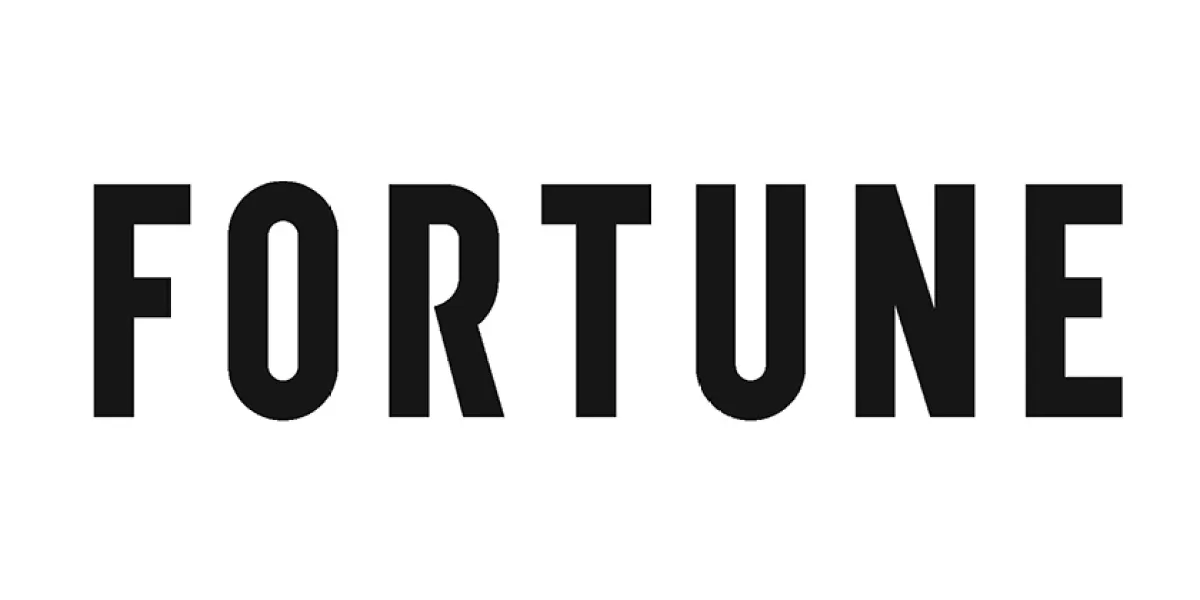Lawyer, Radio Presenter, Podcaster, Brand Expert, Coach, Blogger,
Content Creator.

Host of ‘The Habits Habit‘ a number one podcast on the creation of habits
Testimonials
What (Real) People Say

” Brian was patient and perceptive; he taught me how to communicate more effectively and more engagingly. He is super fun to work with, so you won’t be bored!.”
Sasha Kinch
Product Owner & Business Analyst

” I highly recommend Brian as communicator, an innovator and an implementor.”
Aidan McCullen
Keynote Speaker & Author

“Not only is Brian an instinctive mentor and communicator, he is patient and always listens to your concerns. This will put you at ease when you’re stepping out of your comfort zone.!.”
Rebecca Sheckleton
Radio Presenter & Podcaster











